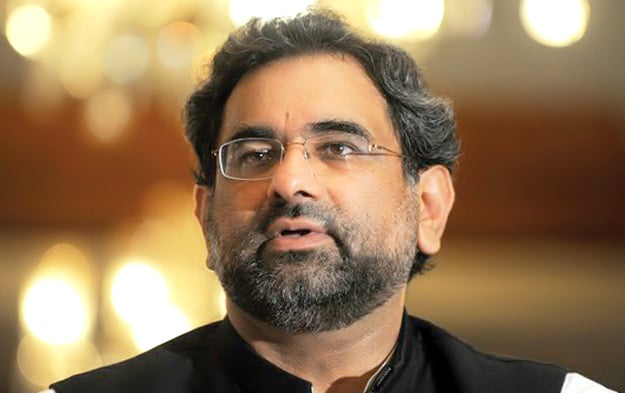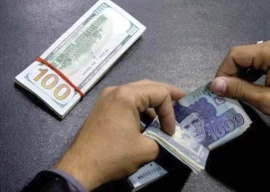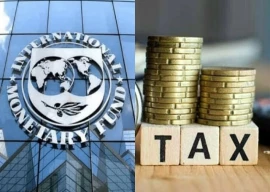
The first right to buy will entitle the government to purchase any asset - residential or commercial - at a higher price than the one declared by the owner at the time of registration. The move, to be reviewed by tax authorities at the directive of the premier, is meant to control under-declaration of asset values at the time of registration.
These proposals are part of the reforms agenda that the Tax Reforms Commission presented to the premier on Thursday. The premier endorsed, in principle, the reforms measures that are aimed at bringing a sea of change in the plagued system and set of regulations.
In certain cases, PM Abbasi directed the Federal Board of Revenue (FBR) to further analyse the proposals including the possibilities of getting a preemption right and giving a tax amnesty scheme on offshore assets.
Federal govt will treat all parts of the country equally: PM
Miftah Ismail, Special Assistant to PM on Economic Affairs, wanted the government to implement two to three proposals but no one agreed. There was also a proposal to setu p an accountability wing in the FBR to tackle the issue of corruption.
Nawaz Sharif’s government had set up the Tax Reforms Commission in September 2014 that gave its final report in February 2016. But the former premier and Finance Minister Ishaq Dar never gave much importance to its working. Dar did not include any of the recommendations of the TRC in the last two budgets.
Abbasi, however, has made tax reforms his top most priority and started meeting FBR officials and TRC members. Thursday’s meeting was also attended by Haroon Akhtar Khan, Special Assistant to Prime Minister on Revenue, and members of TRC, Masoud Naqvi, Ashfaq Tola and Abid Shahban.
The TRC’s implementation committee, known as TRIC, suggested a host of measures to the prime minister. Tax authorities also sought the backing of the political leadership for taking tough decisions, said the sources.
Pakistan faces the dilemma of a low tax to-GDP ratio, narrow tax base and an inefficient tax machinery that is not capable to tackle these challenges.
The PM asked the FBR to undertake a study to get the preemption right - the right to have first right on property. India is implementing a similar law in order to discourage tax evasion in the real estate sector. In Pakistan too, people understate the value of their properties in order to hide actual wealth and the value of assets. In case of preemption right, the authorities can acquire a property by paying a slightly higher amount than the registered price of the property.
The possibility of offering tax amnesty scheme on the offshore assets was also discussed. But sources said that the PM wanted the option to be further explored. Sources said that there was also a proposal to include domestic assets in the amnesty scheme. But sources said that no final decision about giving the amnesty was taken.
The sources said that the PM also endorsed the proposal of establishing real time linkages of the FBR with relevant organisations such as NADRA, banks, provincial authorities, and utility service providers. The FBR sought the premier’s help to convince NADRA to give the data free of cost.
Tax authorities also presented the draft of an agreement that the FBR wants to sign with commercial banks to end a dispute over the issue of sharing of information of banks depositors with tax authorities. The PM is said to have asked the FBR to set the threshold of the deposit at Rs50 million for seeking information.
Abbasi becomes first Pakistani PM to fly a military helicopter
The PM also asked the FBR to make better use of the Computerised National Identity Card number to track tax evaders. He also endorsed the proposal of conducting a forensic audit of withholding tax agents to end evasion.
The PM assured that all the requite resources would be provided to the FBR to strengthen the audit function and minimise under invoicing at the import stage by installing more scanners. The FBR also presented the proposals to minimise the pendency of court cases including the possibility of making the Alternate Dispute Resolution Mechanism more effective.
The premier observed that in order to broaden the tax base, steps should be taken to bridge the trust deficit between taxpayers and tax collectors. He directed that tax return forms should be further simplified and reduced to minimum possible size for the ease of common citizens and tax-filers.
Published in The Express Tribune, November 3rd, 2017.
Like Business on Facebook, follow @TribuneBiz on Twitter to stay informed and join in the conversation.





























COMMENTS (4)
Comments are moderated and generally will be posted if they are on-topic and not abusive.
For more information, please see our Comments FAQ